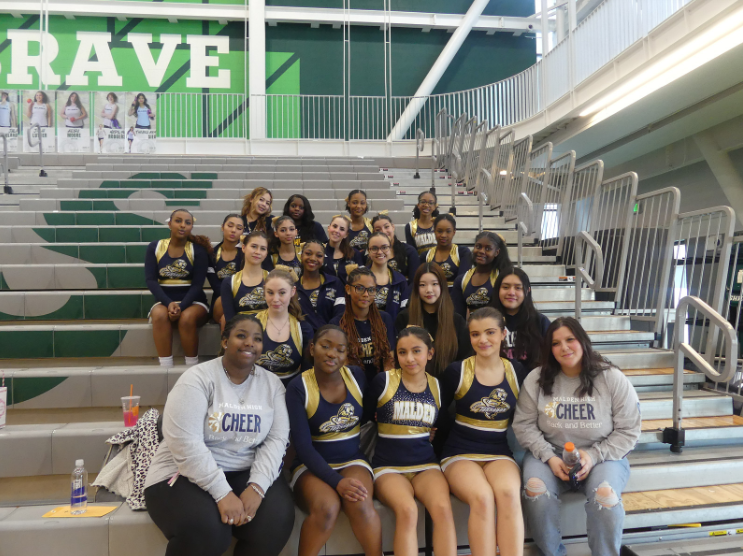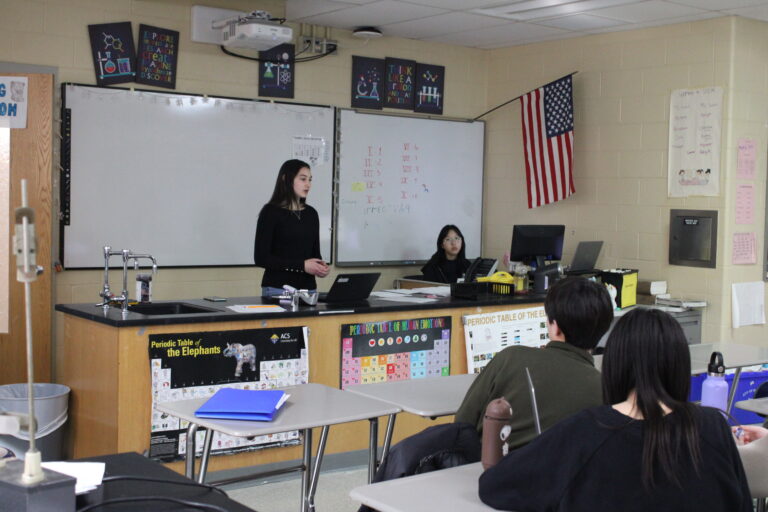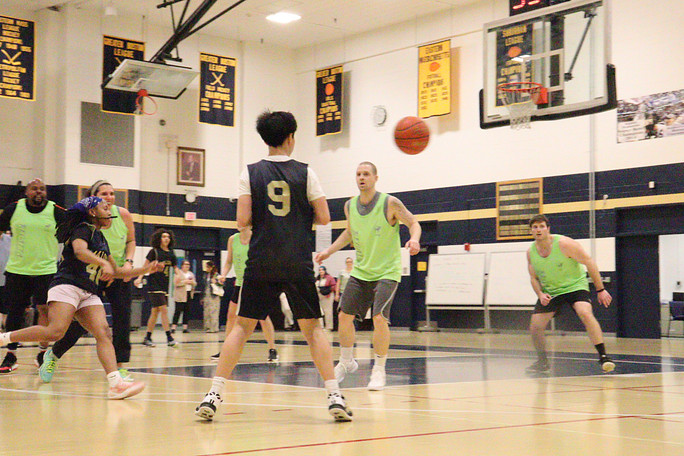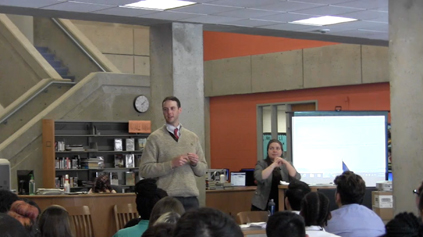
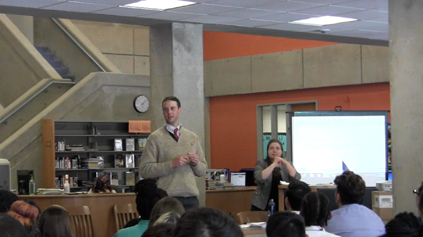
The Model United Nations simulation began on Feb. 24, 2015 for the junior class at Malden High School. It was an opportunity for all MHS students enrolled in Modern World History to experience what a United Nations conference would be like and it allowed students to solve current problems in the world today.
At this simulation, different groups discussed varying topics relating to world problems and then proceeded to figure out solutions for those given problems. A majority of the students are in agreement that the most interesting part of the simulation was being able to discuss the world’s needs and process of recovery in developing countries. MHS history teacher Gregory Hurley held a vital role throughout Model UN and stated that he does not simply “like Model UN–[he loves] it!” He also added that “it not only engages students to be good diplomats,” but it also allows them to “use good critical thinking skills, good persuasive writing skills, and good research skills.”
Model UN is important to the students “because it is a real world application of skills students are learning.” Topics that were discussed included current issues in the world today, such as climate change, peacekeeping, and maternal health. Since these topics are currently being debated through the United Nations, Hurley added that they are all “critically important as the world has not yet solved these problems and we need the help of young people to come up with innovative new ways to solve problems”.
The first simulation took place on Feb. 24, 2015; it was dedicated to maternal health, which gave students the opportunity to communicate with other countries who were also suffering from the same problem and to also communicate with countries that could help to minimize casualties.
The second simulation took place on Feb. 25, 2015; it covered the topic of climate change. It included the problem of excess greenhouse gases in the atmosphere and explained that through the collaboration of countries, they concluded that excess greenhouse gases affect not only endangered animals and plants but humans as well.
Students that discussed peacekeeping on Feb. 26, 2015 wanted it to be more effective and available because it reduces corruption. The UN decides to send in troops and military groups to corrupted countries government conflicts to maintain a safe environment and government.
After the class simulations in the library, select students from each class were sent to Northeastern University on Mar. 6, 2015 to participate in a larger simulation with students across Massachusetts. Of sixteen possible awards, MHS students were awarded six.
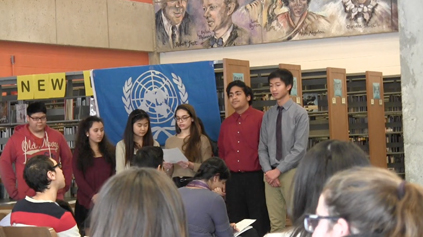
Michelle Chung and Tri Pham were awarded Best Public Speakers in the Economic and Social Committee (ECOSOC) on maternal health. Deborah Kibazo and Blue and Gold member Chaimae El Adlouni were awarded Best Position Paper in the ECOSOC committee on maternal health as well.
Kaitlyn Gibson and Richard Melgar received the Best Negotiators in the General Assembly award discussing peacekeeping operations. In addition, Collin Ivany was given Best Position Paper in the UNEP Committee concerning climate change and the Kyoto Protocol.
To add to the great success, Samantha Forestier and Arnaldo Silva were awarded Best Negotiators in the UNEP committee who discussed climate change and the Kyoto Protocol. Blue and Gold member Andrew Cogliano and Marwa Khudaynazar were given the Overall Best Delegates award for their work in the UN Security Council discussing ISIS and the world’s response to Islamic Extremism.
Through Model UN, students gained a larger awareness of the problems surrounding the world and improved both their problem solving and social skills.

